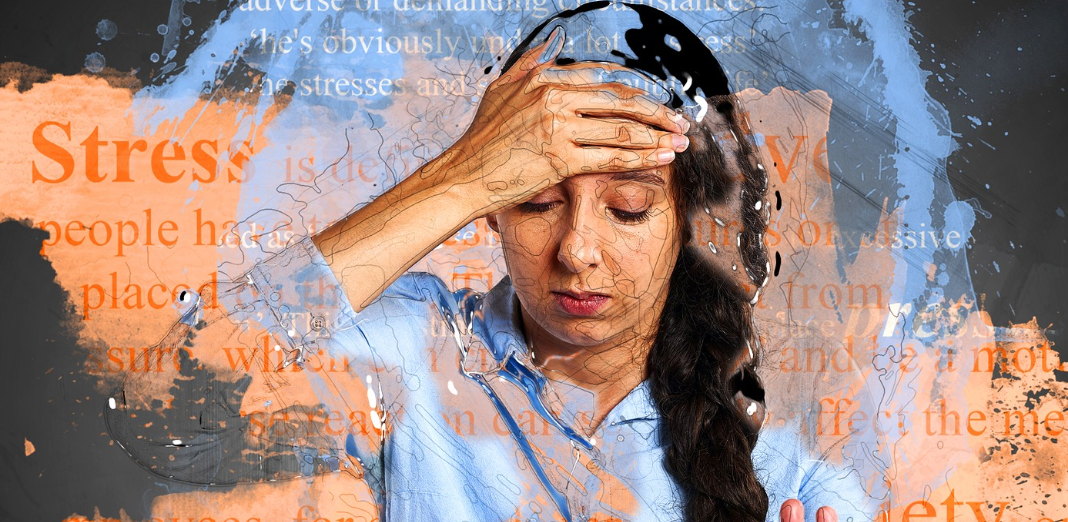YES! Stress symptoms may be affecting your health, even though you might not realise it yet. You may think illness or extreme fatigue are to blame for that nagging headache, your frequent insomnia, losing hair or your decreased productivity at work. But stress may actually be the cause. Whatever it is that stresses you, here are 10 ways to help you cope with your day-to-day fears and anxieties.
Does stress cause hair loss or does the cause of hair loss cause stress?
To be honest, both! What complicates matters is that hair loss due to stress is delayed by a few weeks to a few months. Generally speaking, it’s not the stress, but the ability to deal with stress that makes the difference in people losing hair.

How can you reduce stress and get that amazing hair you dream about?
1. Let out your feelings! If you are stressed or feeling negative about something in particular ( or the way your hair looks) call a friend or join a group. It will make you feel better hearing a friendly voice.
2. Imagine yourself happy. If we are talking about hair then before going to sleep every night, visualise the type of hair you would want to have. In bed close your eyes look about 30 degrees (1 o’ clock position of a clock) in an upward direction. It is thought that we look at the future in an optimistic light doing this. Make the vision in colour – bright, large and alive – almost as though you could touch, feel and see it. Add as much clarity to it as you can – including the colour of the hair you would like, its texture, thickness, and style. If you are struggling with this remember a belief is strong but a conviction has more certainty – that is what it must be! Do not worry about your goal. Allow your subconscious to help you reach your goal.
3. Relax more. Find an activity that makes you feel happy. If you don’t know where to start, make a list of possible activities, even small ones such as reading. Try laughing more as a way of relaxing.
4. Associate with happy people or those who have a positive attitude. Read books and articles that are positive in nature. Going to self-development seminars can help too.
5. Write out your complaints or troubles on one page and on the other side of the page write the answer(s) to your problems.
 6. Have a Massage! Pamper yourself and schedule time in the week just for you. Massage therapy can relax muscles and increase blood flow to skin and muscles. This would also help relieve mental and emotional stress.
6. Have a Massage! Pamper yourself and schedule time in the week just for you. Massage therapy can relax muscles and increase blood flow to skin and muscles. This would also help relieve mental and emotional stress.
7. Learn to say no when you don’t want to do something or you have imposed unrealistic demands on yourself. First and foremost be honest with yourself, you are the one that matters the most.
8. It is not what you say but how you say it that makes a difference. Try saying something nice about people or situations in your life at least once a day, every day without offending others or feeling ignored.
9. Keep in mind you can only change yourself. Save yourself the misery and avoid saying or thinking “if only he, if only she, if only they”. Rather think more “what can I change about myself to make my situation better.”
10. Sometimes accepting that things are the way they are and you cannot do anything about the situation helps. There is no point wasting your energy on the things you have no control over.

